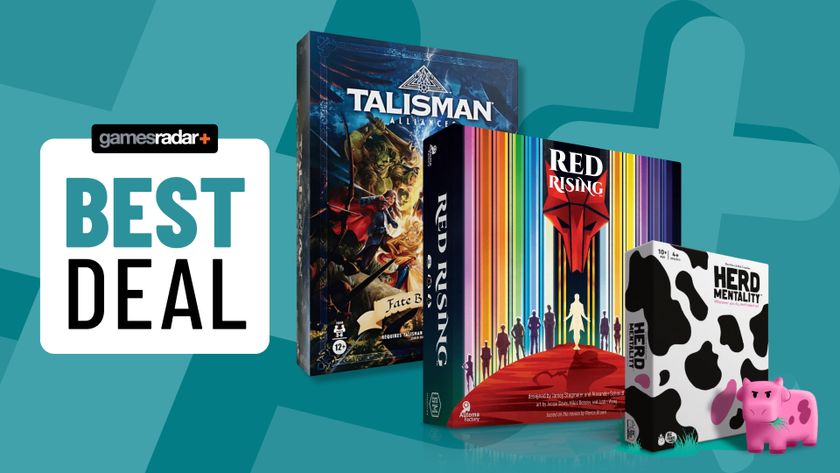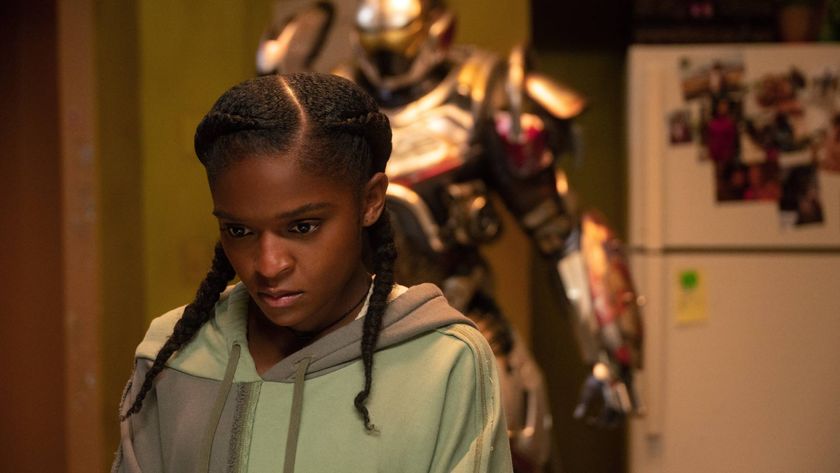How board games help cognitive health
From Settlers of Catan to Codenames
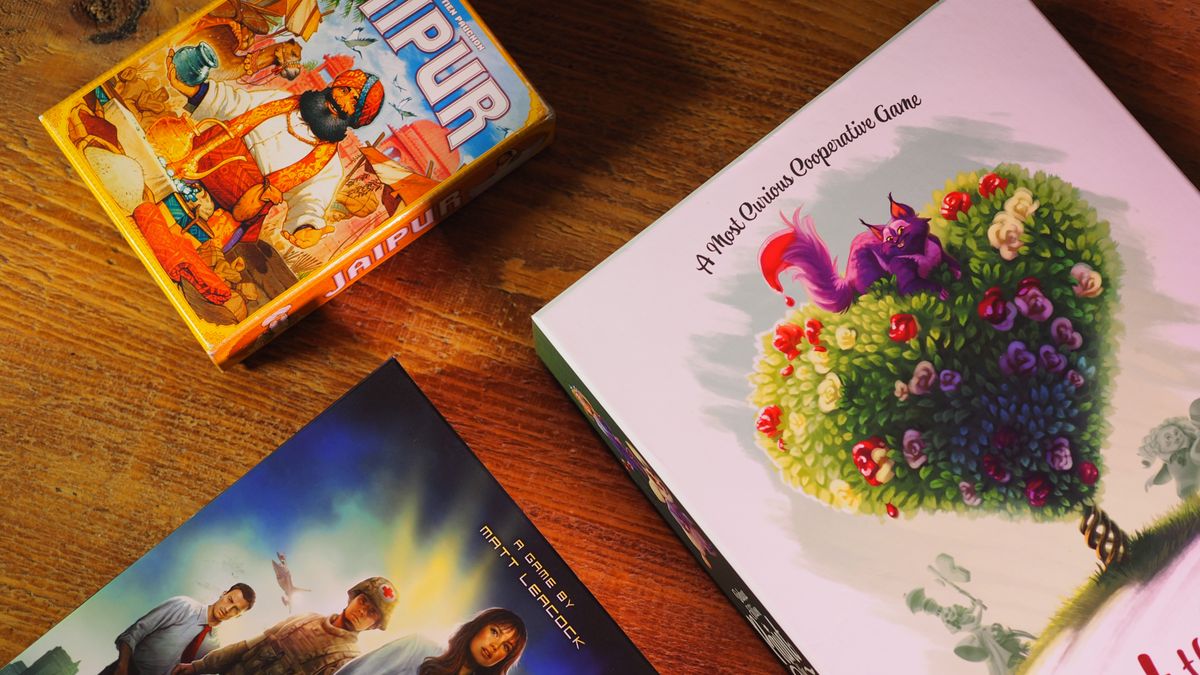
What’s really the appeal of the best board games? Fun? Frivolity? Distraction? That ‘new cardboard’ smell when you open a board game for the first time? Or is there something deeper going on?
Decades after the Satanic Panic looked to stifle interest in the positive effects of role-playing games and other forms of collaborative play, academics are now turning to board games as a rich site of cognitive development. One recent study across various universities in Spain concluded that "playing modern board games in the classroom could be better for learning and cognitive development than direct-instruction methodologies," while another at Pontificia Universidad Católica de Chile saw a clear boost in children’s numerical skills.
What we’ve seen is that learning the rules of a board game, and deploying them – essentially, learning through doing rather than simply listening – can be a highly effective way to flex your cognitive muscles, growing your ability to think in different ways. And games often have an element of repetitive practice built in, which allows players to deploy their knowledge until it becomes second-nature.
But while board games can be good for the brain, they offer much more than a way to build up specific, isolated skills. They can also be transformative for our social and mental wellbeing – as shown by the rise of board game cafes and therapeutic game practitioners over recent years.
Gaming your brain (and your heart)
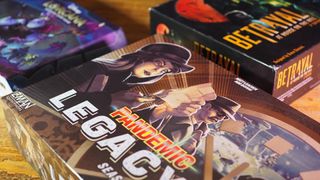
Adam Davis is the founder and executive director of Game to Grow, a nonprofit based in Seattle that’s "dedicated to the use of games for therapeutic, educational, and community growth." He’s worked for over a decade as a ‘therapeutic game master,’ using the "life-enriching capacity of games" to help people gain social confidence and sustain their mental health.
"Loneliness and isolation are at epidemic levels," Davis says, "and when it is easier than ever to be alone, games provide us an inherently motivating medium for community and connection."
Game to Grow’s professional-led gaming sessions allow people to practise various cognitive skills, such as "frustration tolerance, working and sharing with others, logical sequencing, cognitive flexibility, imaginative thinking, and appreciating the unexpected."
Sign up to the 12DOVE Newsletter
Weekly digests, tales from the communities you love, and more
Anthony Bean, CEO of Geek Therapeutics – which weaves popular entertainment and ‘geek’ culture into therapeutic practices – stresses that board games can offer various cognitive benefits. (I should note that I’ve contributed to two essay anthologies published by Geek Therapeutics, The Psychology of Elden Ring and The Psychology of The Last of Us.)
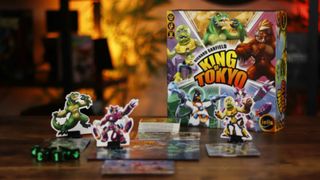
Legendary game designer Richard Garfield (whose credits include King of Tokyo and Magic: The Gathering) told us that he thinks board gaming is important because it "allows you to connect with anyone in a relatively safe way. Whether you feel comfortable with socializing with other people or not, a game provides a way to engage. If you know the rules you don’t even necessarily need to speak the same language! This ability to broadly connect people is powerful, and more important than ever."
Board games "stimulate brain functions such as memory, problem-solving, and strategic thinking [and] may reduce the risk of cognitive decline," says Bean. That’s alongside other benefits around "socialisation, fostering connections and improving communication skills, which are vital for mental well-being," and the simple act of relaxation to "alleviate stress and anxiety" (you don’t say!). Bean also notes how "participating in games that involve competition and cooperation can help individuals develop patience, resilience, and adaptability."
Contrary to the stereotype of an immature player flipping over a Monopoly board when they’re losing, board games can gradually increase someone’s tolerance for loss, change, and disagreement – whether in a board game setting or otherwise. Perhaps that's why the best family board games can play such a big role in our lives.
There’s also a big overlap between board game communities and neurodiverse individuals. One study by the University of Plymouth’s School of Psychology found that board games "built community, independence, and skills" among autistic adolescents and adults. And for anyone who struggles with the unsaid, neurotypical expectations of day-to-day life, a board game can offer something of a reprieve, providing clear-cut rules of engagement between its players.
Collaborative problem-solving
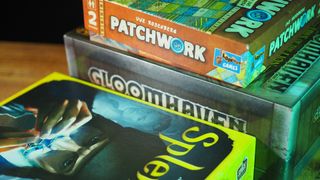
Of course, therapy or cognitive growth isn’t quite as simple as opening up Settlers of Catan and leaving people to it. Both Davis and Bean stress the importance of a good facilitator to ensure these benefits unfold intentionally.
Anyone familiar with Dungeons & Dragons, or the best tabletop RPGs, will know that a good ‘Dungeon Master’ (essentially, a facilitator and mediator between the game and the players) is the difference between a fun, collaborative adventure and a long, dice-infused argument between players with opposing ideas of the game in their heads.
The specific game you’re playing drastically changes the type of benefits on offer, too. Game to Grow built its own board game called Critical Core to closely match the organisation’s teachings and methodologies – while also using the likes of Codenames, Snake Oil, Sentinels of the Multiverse, Fluxx, Once Upon a Time, and We Didn’t Playtest This At All.
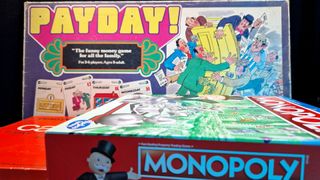
How far back does tabletop gaming go? We explored the history and cultural significance of board games to find out.
For Bean, chess or Catan are best for "critical thinking and planning skills," whereas Pandemic and Forbidden Island will test player’s "social interaction and collective problem-solving." He also adds that "Tabletop RPGs like Dungeons & Dragons encourage creativity, empathy, and collaborative storytelling, which can be therapeutic."
Games as therapy, or learning, or really as anything other than a leisure activity, may be a new idea for some. Davis tells us he faced plenty of "eye rolls" when starting out in 2011, but he stresses that board games are more than meets the eye: "a traditional talk therapy session can be seen as a structured and guided back-and-forth conversation with a professional, and may sometimes look to an untrained eye like a simple conversation."
Something may look like a diversion, or just two people passing the time, while in reality being much more than that. For anyone who’s found solace, meaning, or community through board games – as I have – it’s nice to know people are finally taking notice.
Want something new to play? Check out the best 2-player board games, the best cooperative board games, and the best adult board games.

Henry St Leger is a freelance technology and entertainment reporter with bylines for The Times, GamesRadar, IGN, Edge, and Nintendo Life. He's a former staffer at our sister site TechRadar, where he worked as the News & Features Editor, and he writes regularly about streaming, games, D&D, and a host of home technologies including smart speakers and TVs. He lives in London with his Nintendo Switch (OLED) and spouse (not OLED).
